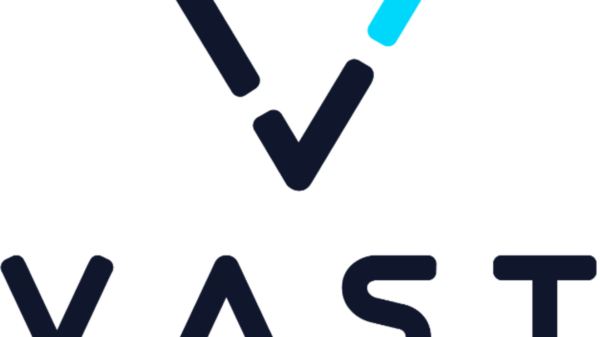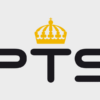The landscape of AI is constantly evolving, presenting new challenges and opportunities. In recent discussions about the global AI community, a significant focus has emerged around regulatory frameworks, the impact of AI technologies across various sectors, and the importance of ethical considerations in AI deployment. As the discourse around AI policies intensifies, stakeholders are urged to consider the complex interplay between technological advancement and societal values.
Global Regulatory Trends in AI
Countries around the world are progressively defining their regulatory approaches to AI, striving to balance innovation with public safety. For instance, the European Union is leading the charge by proposing the AI Act, which aims to create a comprehensive legal framework for AI technologies. This initiative reflects a broader desire to ensure that AI systems are transparent, accountable, and aligned with fundamental rights.
In the US, the response has been less unified, with states like California and New York exploring their own legislation. This fragmented approach raises questions about enforcement and compliance, especially for companies operating at a national level. The potential for conflicting regulations could complicate market entry and operational strategies for AI firms.
Ethical Considerations and Public Sentiment
As AI technologies proliferate, ethical considerations have taken center stage. Concerns regarding data privacy, algorithmic bias, and the societal impact of AI deployment are at the forefront of discussions among technologists, regulators, and ethicists alike. A recent study by the Pew Research Center highlighted that a significant portion of the public is wary of AI applications, particularly in sensitive areas like facial recognition and automated decision-making.
This public sentiment emphasizes the need for AI developers to prioritize ethical frameworks that guide the design and implementation of AI systems. Companies are increasingly adopting principles of responsible AI, which advocate for fairness, accountability, and transparency in AI processes. By engaging with diverse stakeholders, including community representatives, firms can better align their technologies with societal expectations.
The Future of AI in Various Sectors
The integration of AI across different industries promises transformative benefits, yet it also poses unique challenges. In sectors like healthcare, AI can enhance diagnostic accuracy and optimize treatment plans. However, the reliance on AI in critical decision-making raises ethical dilemmas about accountability and liability.
Moreover, in the financial services sector, AI is being utilized for fraud detection and risk assessment, which can improve operational efficiency. Yet, these applications often depend on vast amounts of data, leading to concerns about data security and privacy. As the demand for AI-driven solutions grows, organizations must implement robust security measures to protect sensitive information.
Looking ahead, the convergence of AI with other technologies, such as blockchain and IoT, offers promising avenues for innovation. However, this convergence also necessitates a reevaluation of existing regulations to accommodate new technological realities and ensure a consistent approach to governance.
In conclusion, the evolution of AI is intertwined with a complex set of challenges and opportunities that require careful navigation. As stakeholders—from policymakers to tech developers—collaborate to shape the future of AI, the emphasis on ethical responsibility and regulatory coherence will be paramount. The ongoing dialogue within the global AI community will play a critical role in determining how effectively these technologies can be harnessed for the benefit of society.
 Dataiku Reveals How AI Governance Fails Due to Inter-Departmental Handoffs
Dataiku Reveals How AI Governance Fails Due to Inter-Departmental Handoffs Schools Reevaluate Assessment Strategies Amid AI Cheating Concerns and Adaptation Challenges
Schools Reevaluate Assessment Strategies Amid AI Cheating Concerns and Adaptation Challenges Italy Passes Comprehensive AI Law with Strict Rules on Deepfakes and Child Protection
Italy Passes Comprehensive AI Law with Strict Rules on Deepfakes and Child Protection Trump Administration Pauses Executive Order, Paving Way for State AI Regulations
Trump Administration Pauses Executive Order, Paving Way for State AI Regulations CIOs Must Implement Governance Frameworks to Mitigate AI Risks and Drive Innovation
CIOs Must Implement Governance Frameworks to Mitigate AI Risks and Drive Innovation






































































